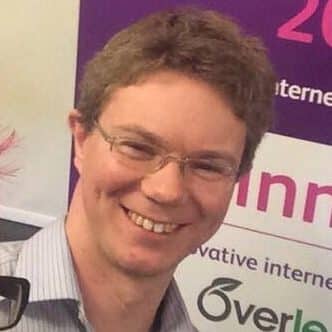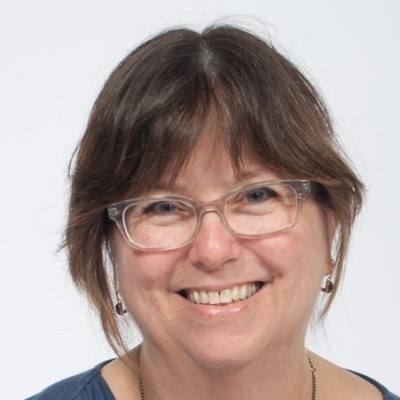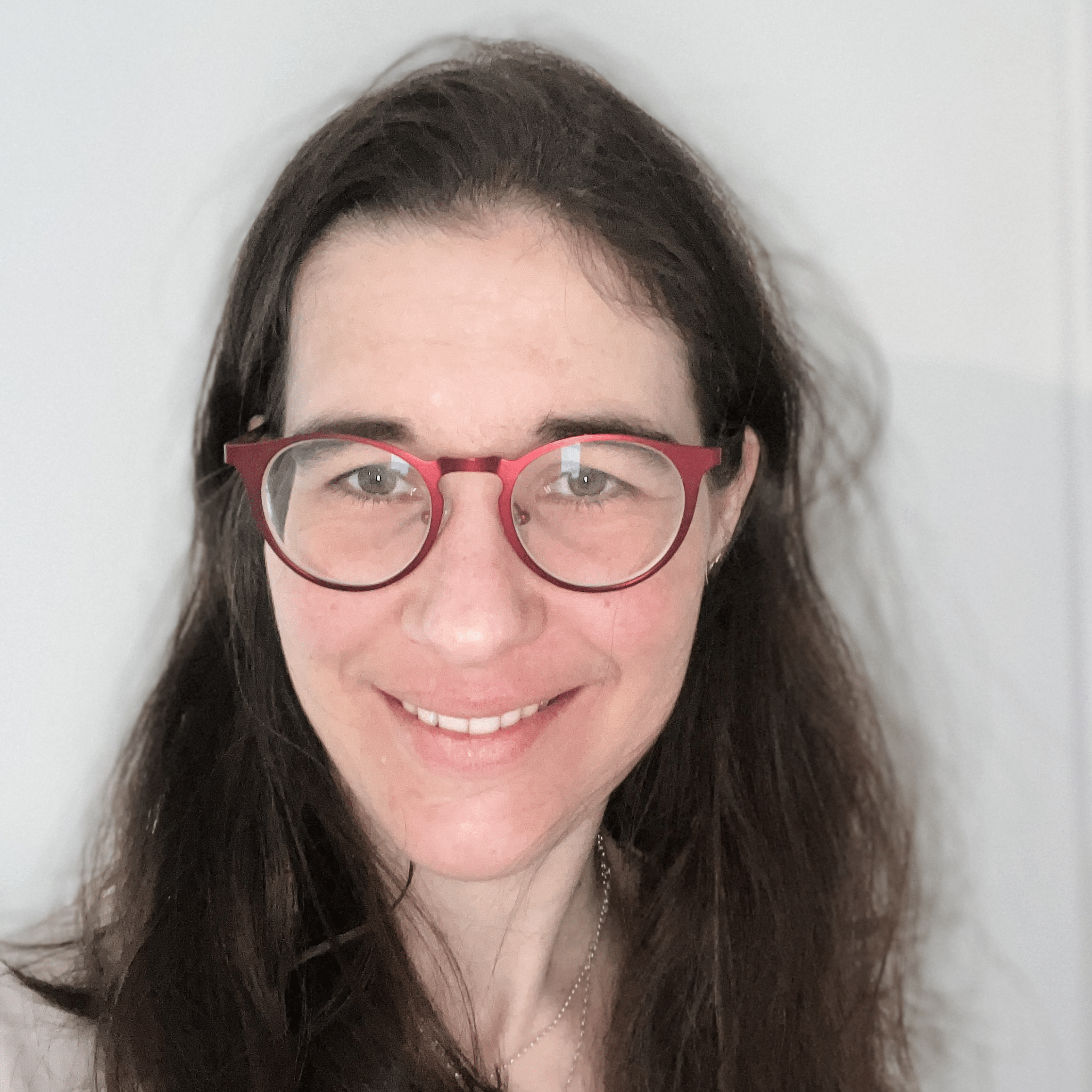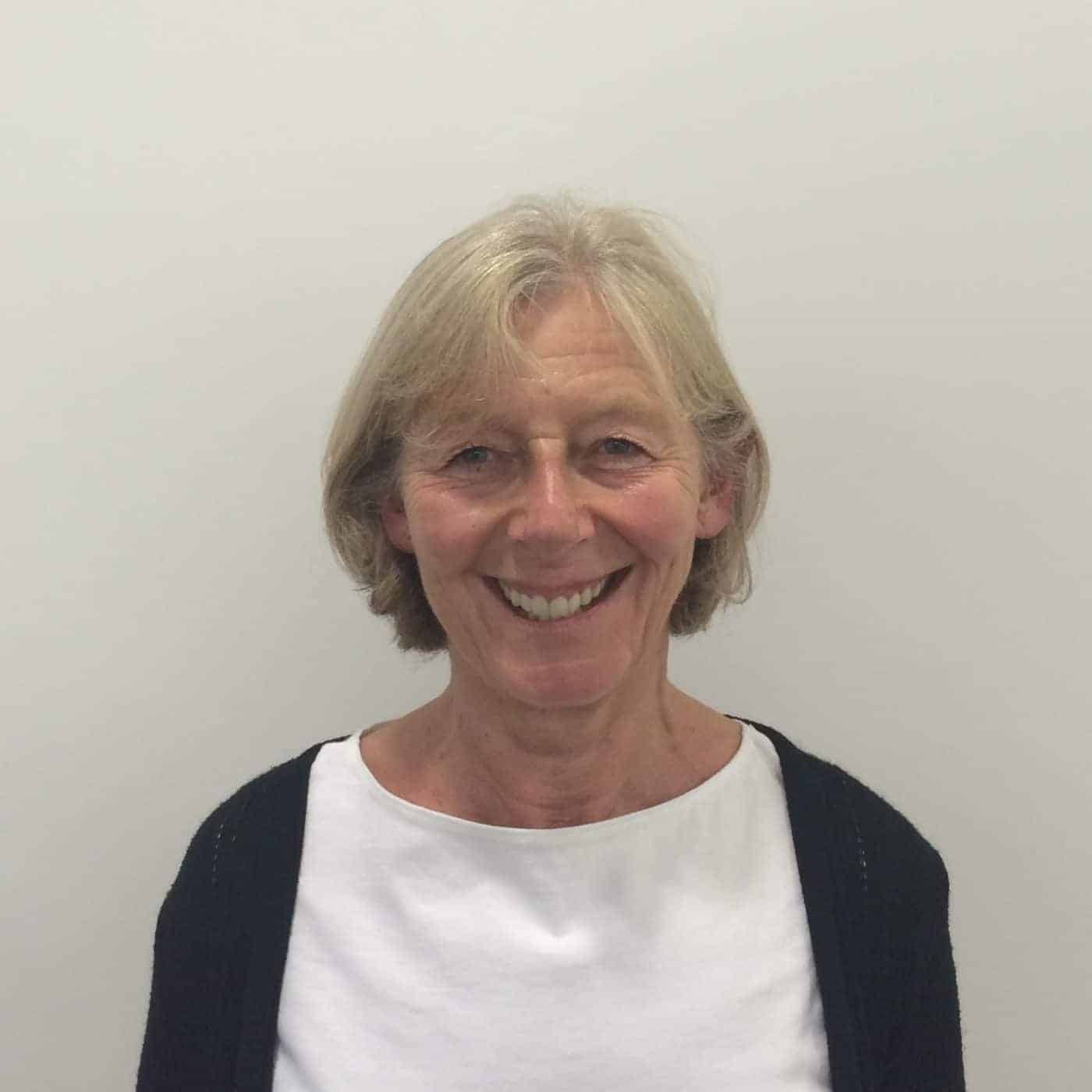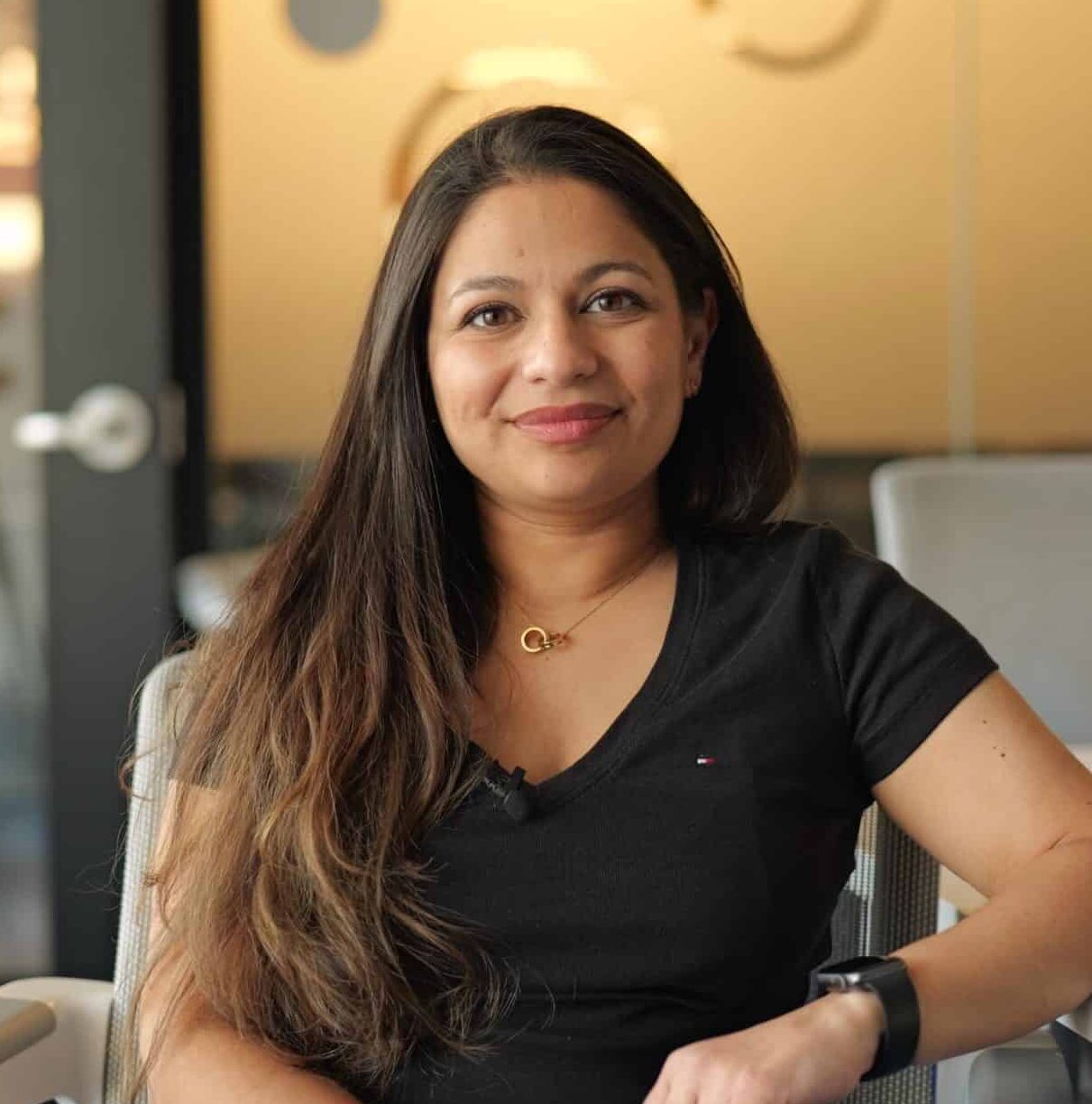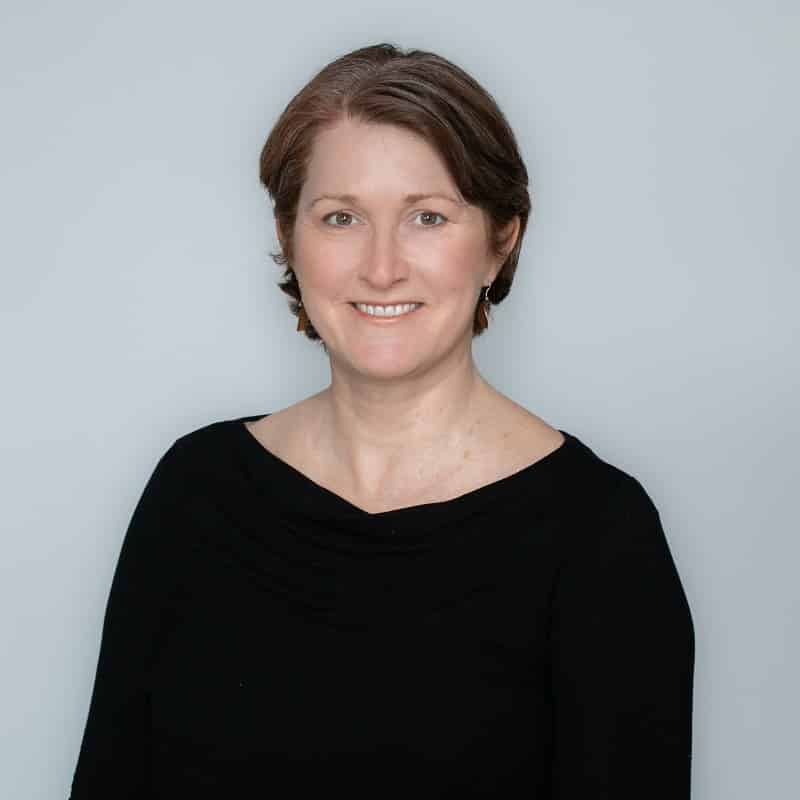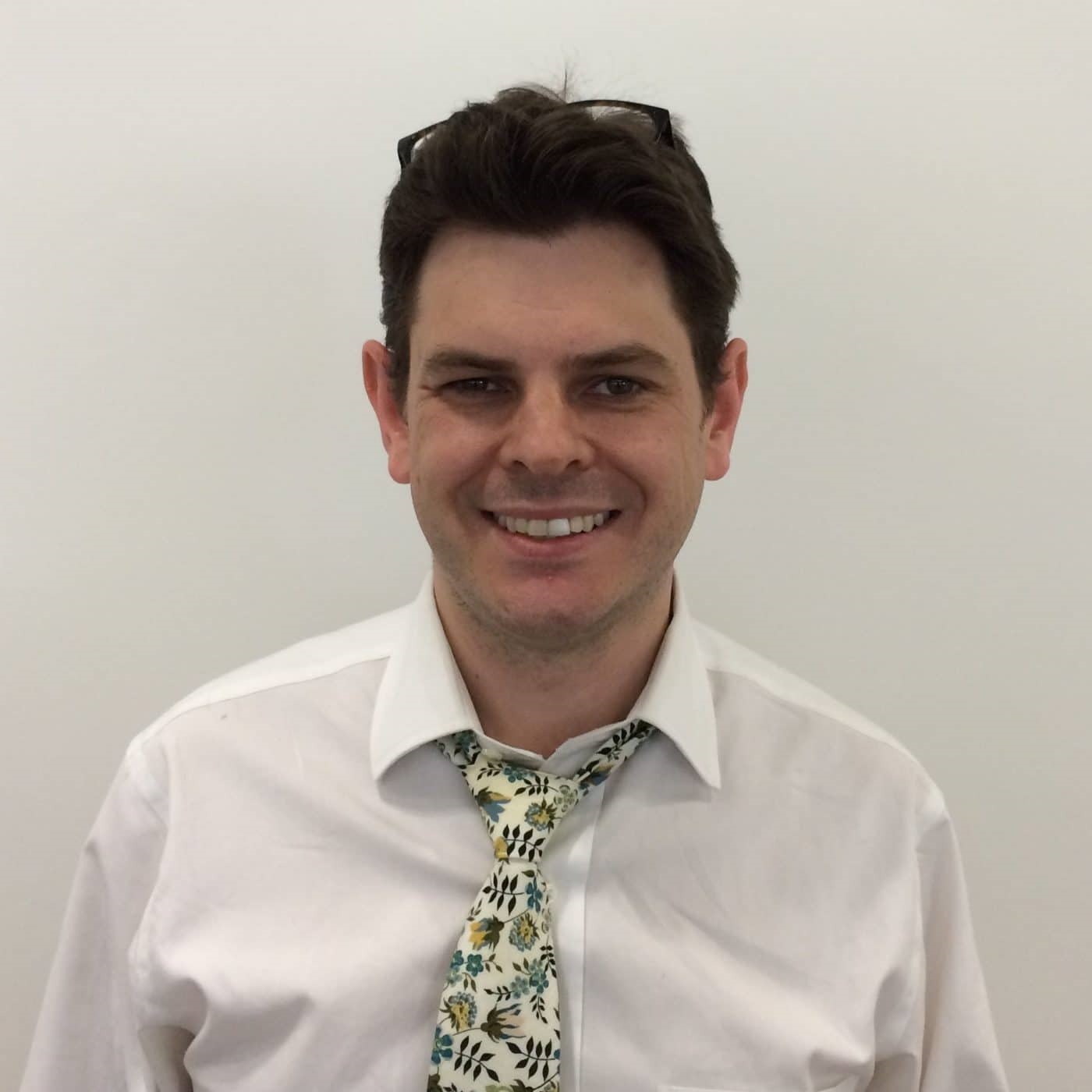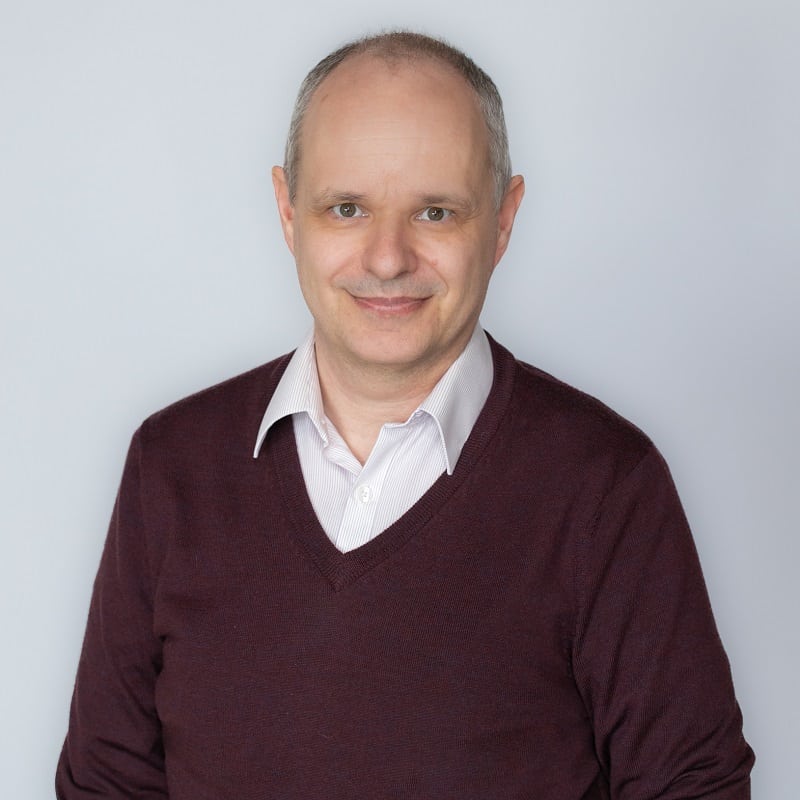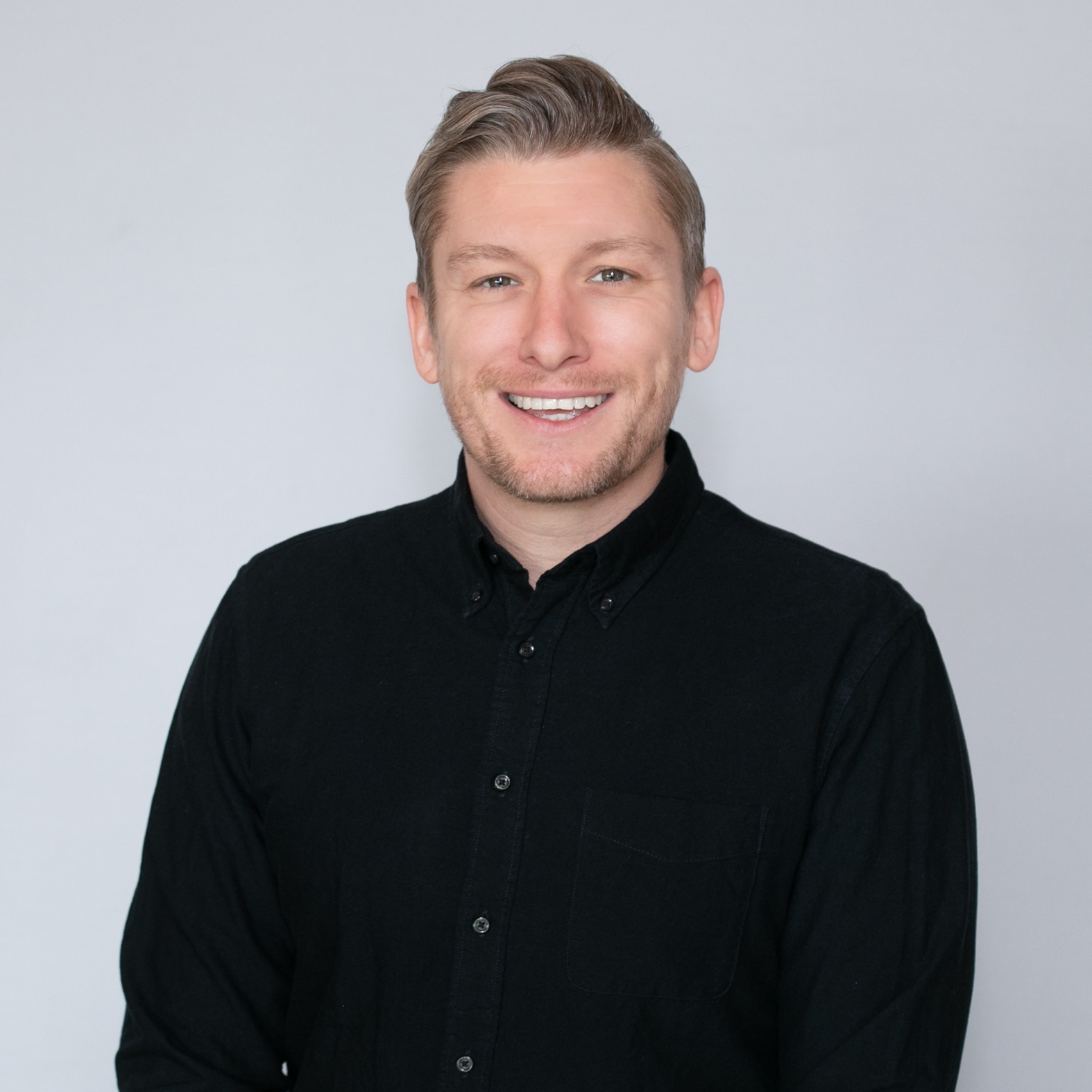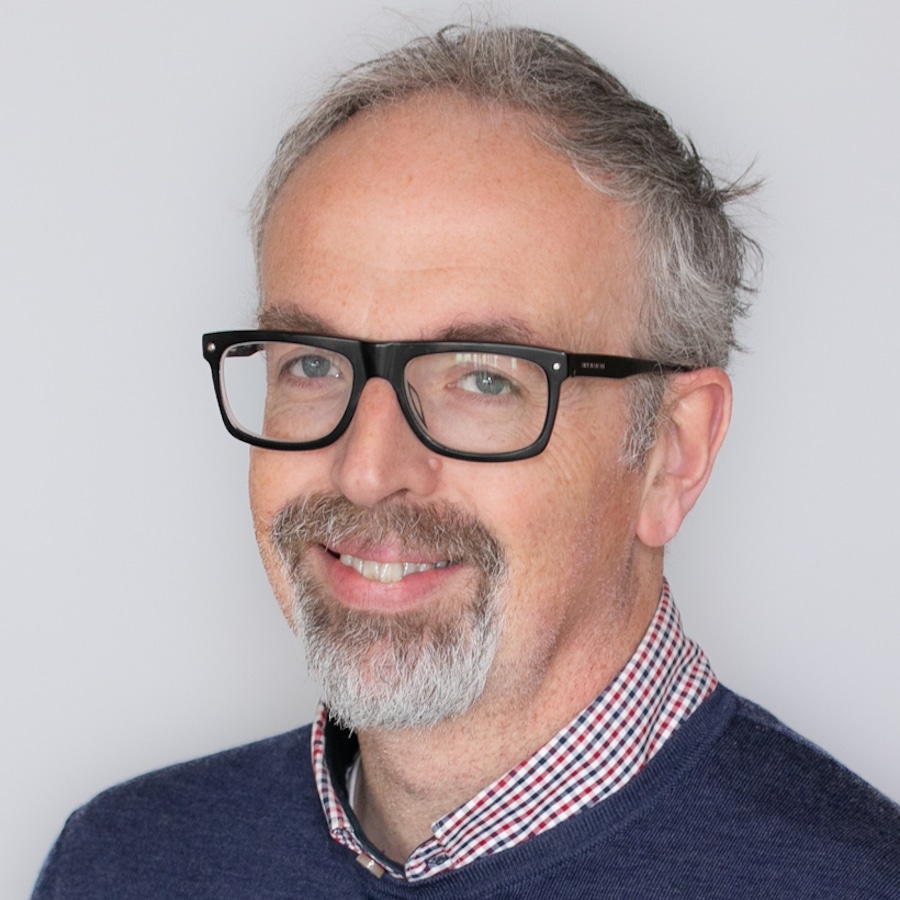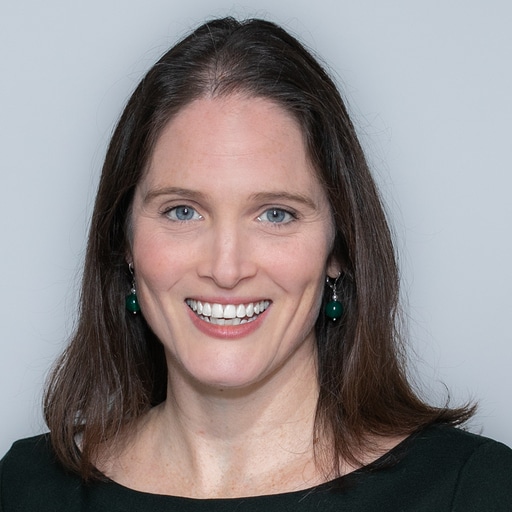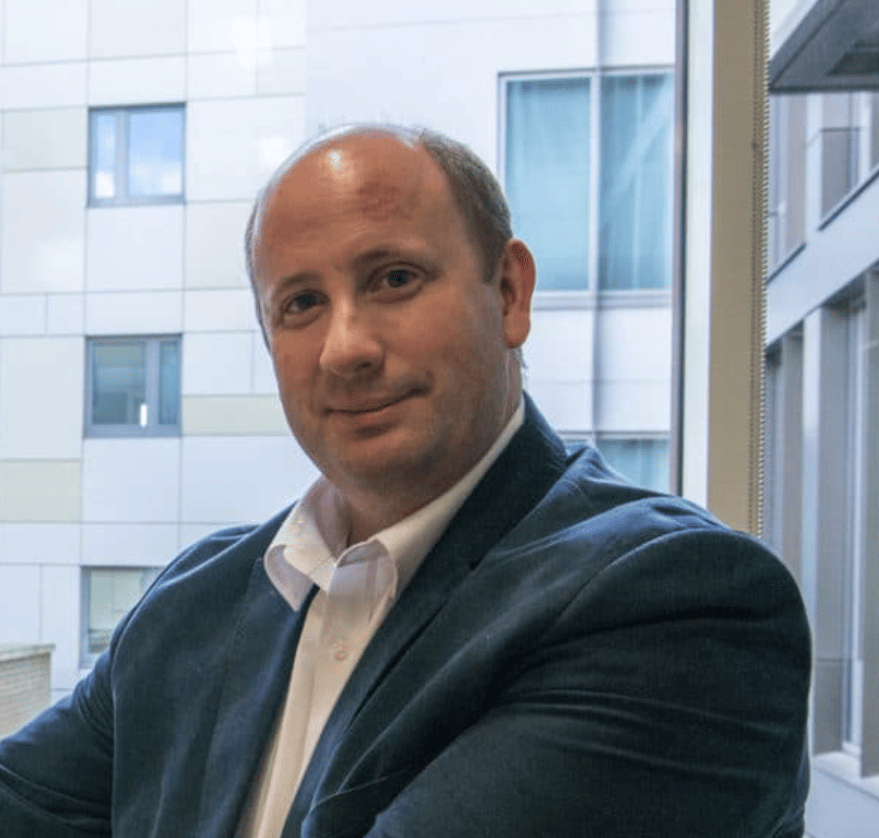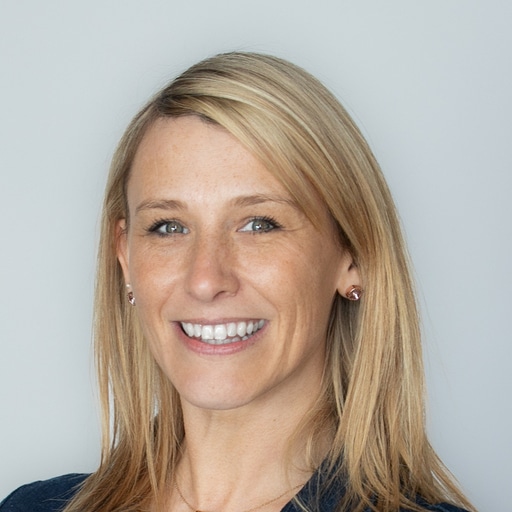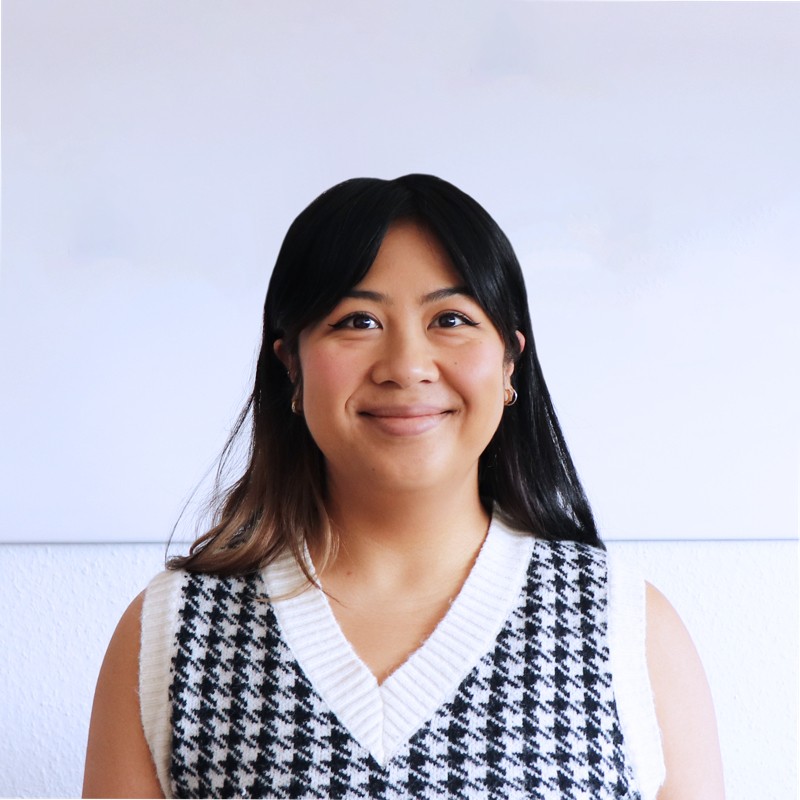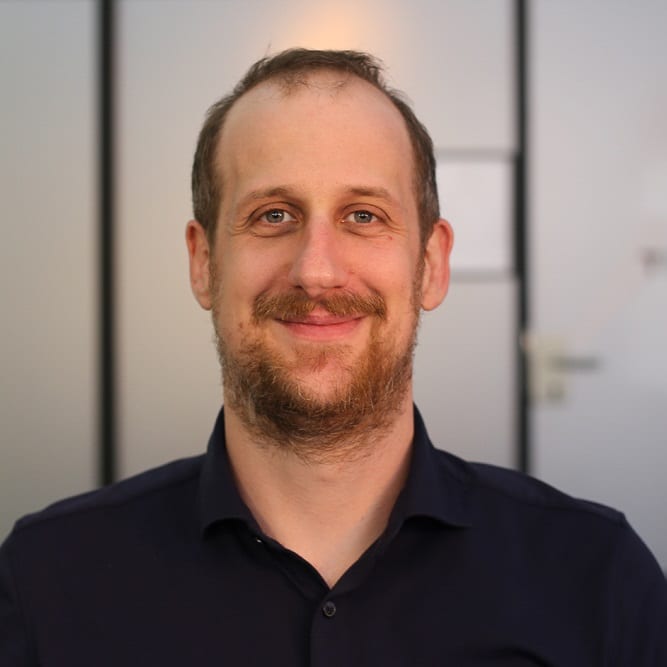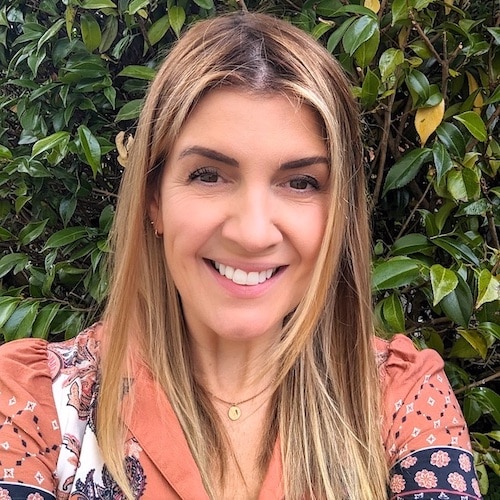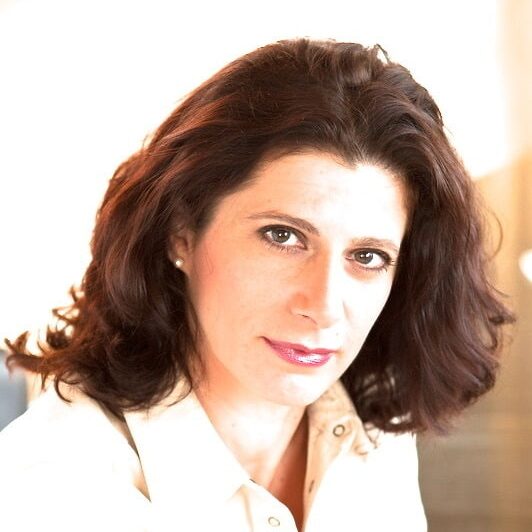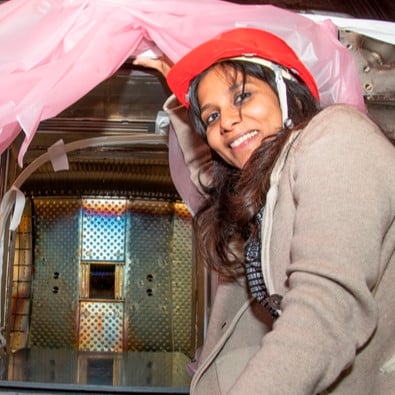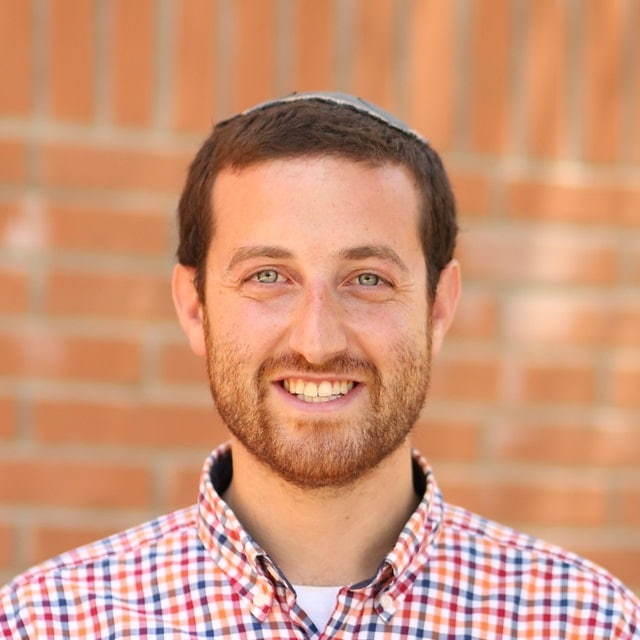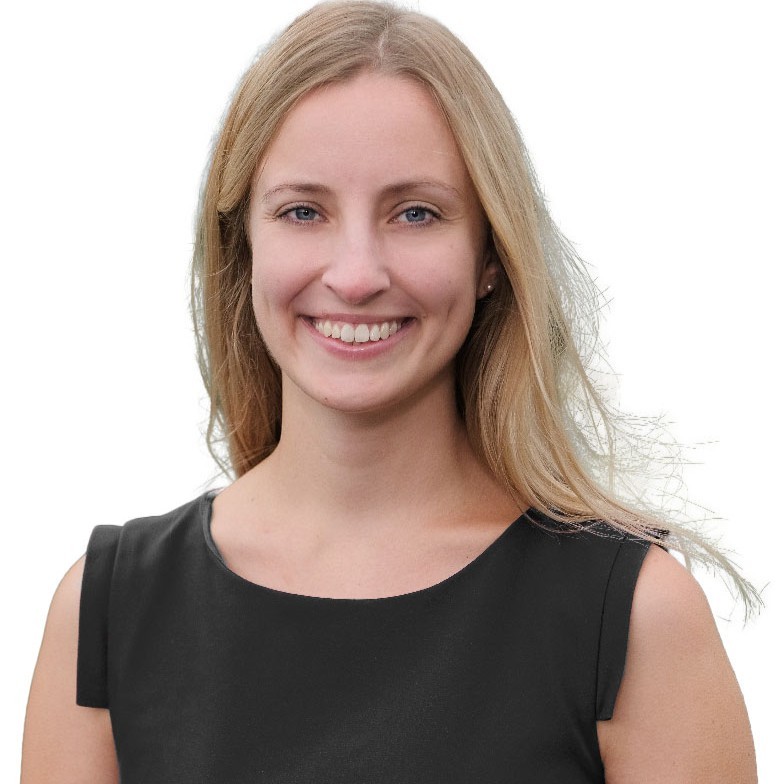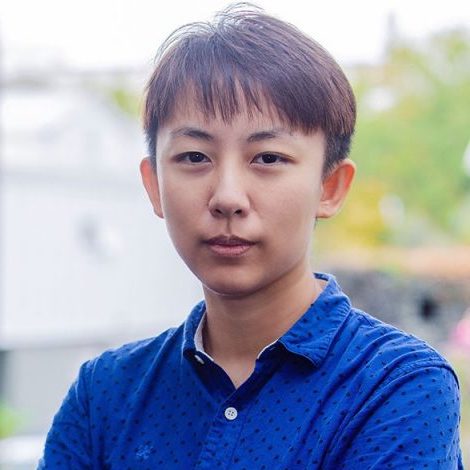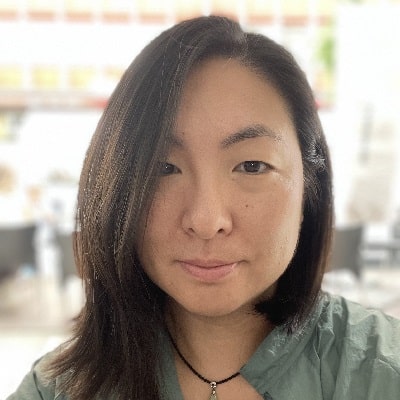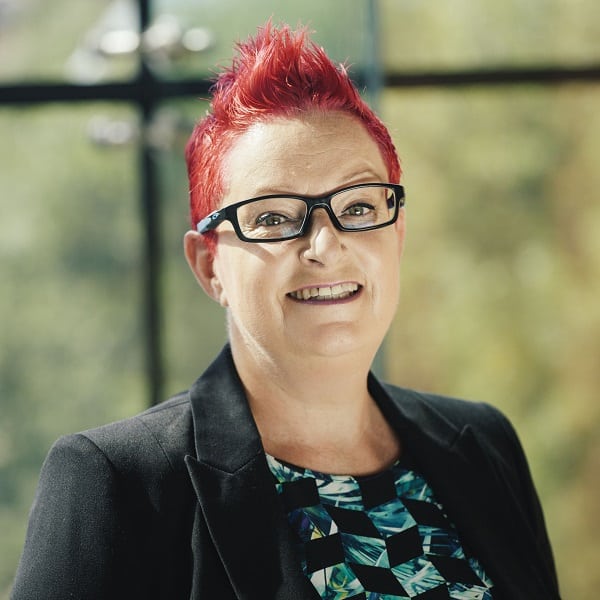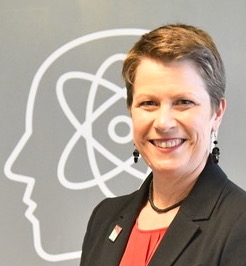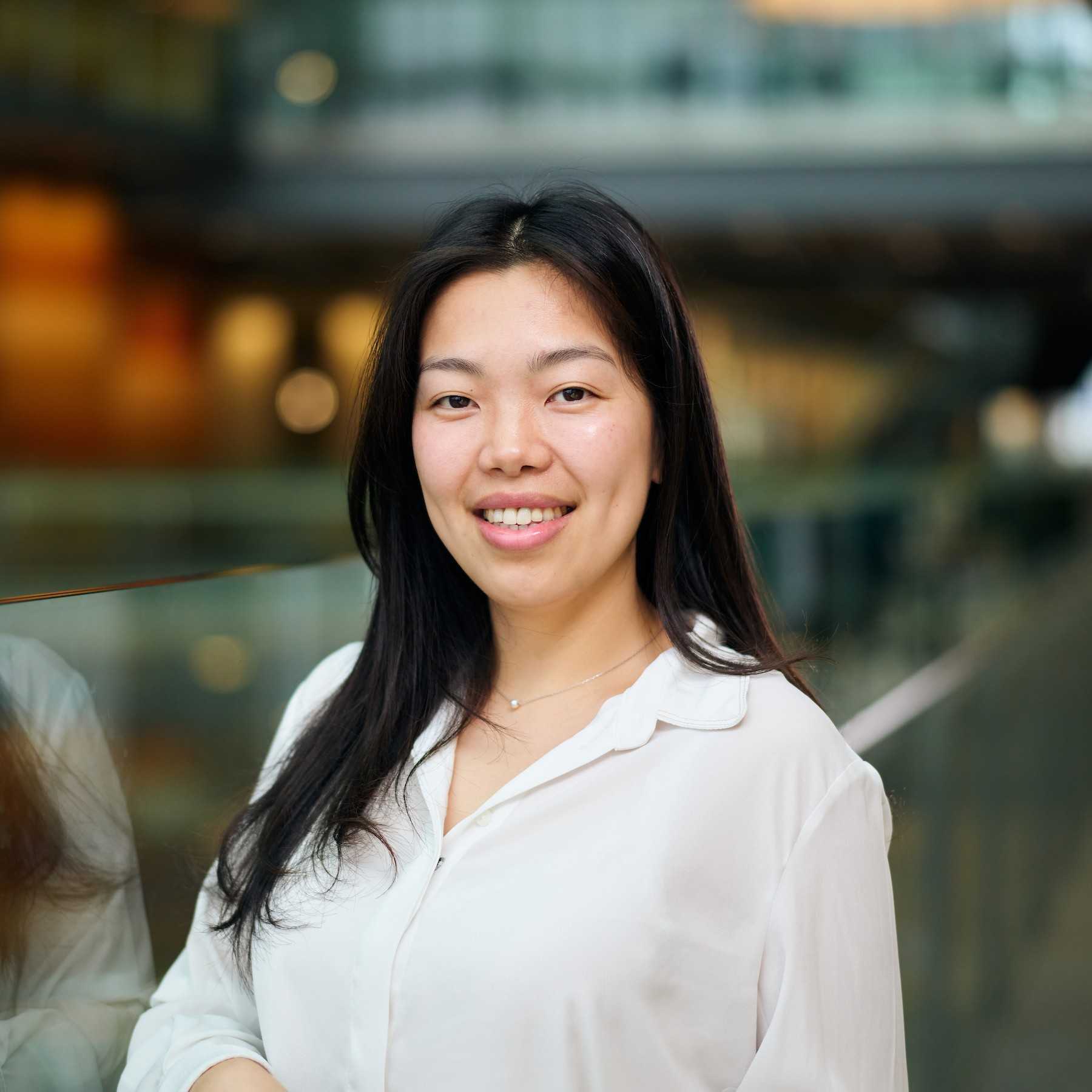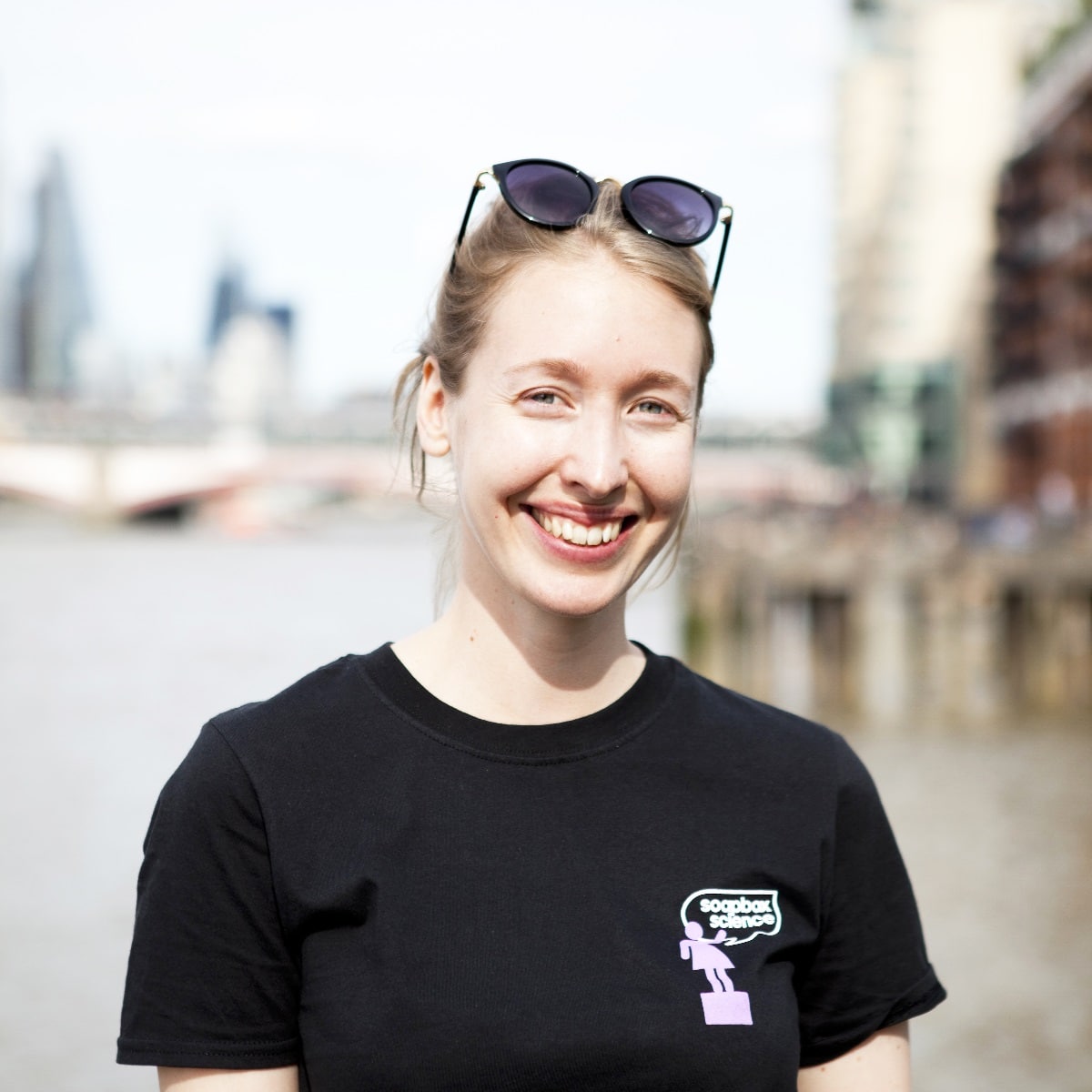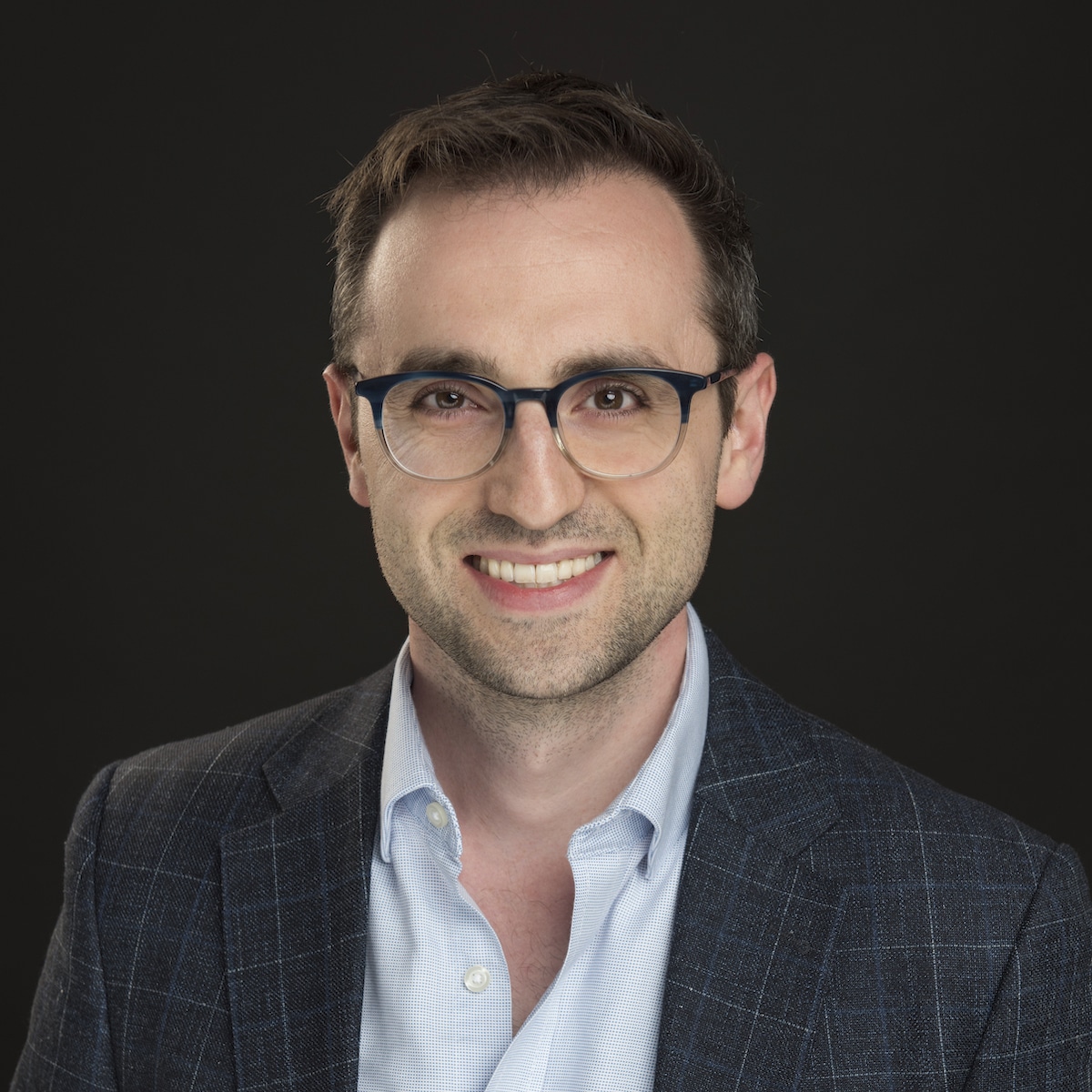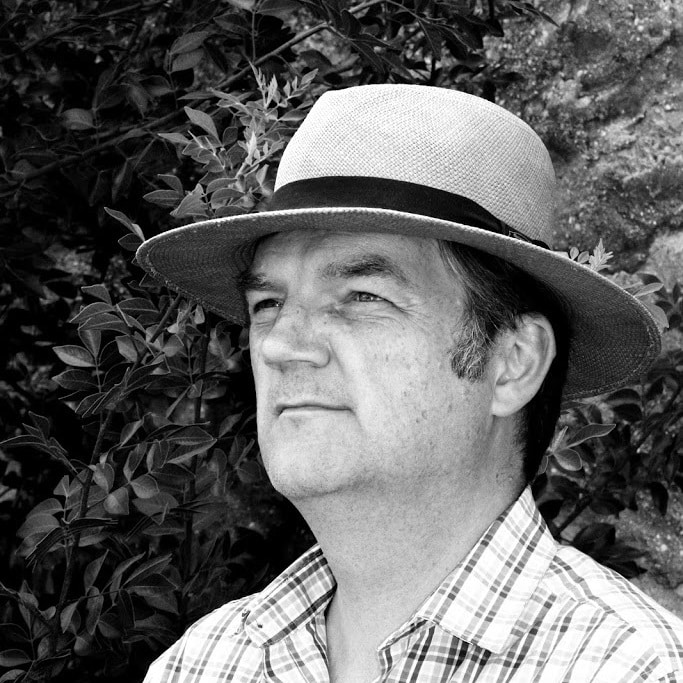Welcome to Digital Science TL;DR, our new avenue for interesting things!
We bring you short, sharp insights into what’s going on across the Digital Science group; both through our in-house experts and in conversation with amazing people from the community. And we’ll keep it brief!
Why TL;DR? Because we’ve all experienced the “Too long; didn’t read” feeling at times, and by explicitly calling this out we’re making sure we provide a short summary at the top of every article here. 🙂
Introducing our core team
We have a core team of five (at present!) who will be the primary authors of new content on the site, often working in collaboration with our in-house experts and those in the scientific and research community.
You can think of it like our core team acting as the lightning rods ⚡ attracting cool, exciting, and sometimes provocative content from across the Digital Science group and our wider community of partners, end users, customers and friends.
And so without further ado, please say hello to: Briony, John, Leslie, Simon and Suze!
Briony Fane
Briony Fane is Director of Researcher Engagement, Data, at Digital Science. She gained a PhD from City, University of London, and has worked both as a funded researcher and a research manager in the university sector. Briony plays a major role in investigating and contextualising data for clients and stakeholders. She identifies and documents her findings, trends and insights through the curation of customised in-depth reports. Briony has extensive knowledge of the UN Sustainable Development Goals and regularly publishes blogs on the subject, exploring and contextualising data from Dimensions.
John Hammersley
John Hammersley has always been fascinated by science, space, exploration and technology. After completing a PhD in Mathematical Physics at Durham University in 2008, he went on to help launch the world’s first driverless taxi system now operating at London’s Heathrow Airport.
John and his co-founder John Lees-Miller then created Overleaf, the hugely popular online collaborative writing platform with over eleven million users worldwide. Building on this success, John is now championing researcher and community engagement at Digital Science.
He was named as one of The Bookseller’s Rising Stars of 2015, is a mentor and alumni of the Bethnal Green Ventures start-up accelerator in London, and in his spare time (when not looking after two little ones!) likes to dance West Coast Swing and build things out of wood!

Leslie McIntosh
Leslie McIntosh is the VP of Research Integrity at Digital Science and dedicates her work to improving research and investigating and reducing mis- and disinformation in science.
As an academic turned entrepreneur, she founded Ripeta in 2017 to improve research quality and integrity. Now part of Digital Science, the Ripeta algorithms lead in detecting trust markers of research manuscripts. She works around the globe with governments, publishers, institutions, and companies to improve research and scientific decision-making. She has given hundreds of talks including to the US-NIH, NASA, and World Congress on Research Integrity, and consulted with the US, Canadian, and European governments.
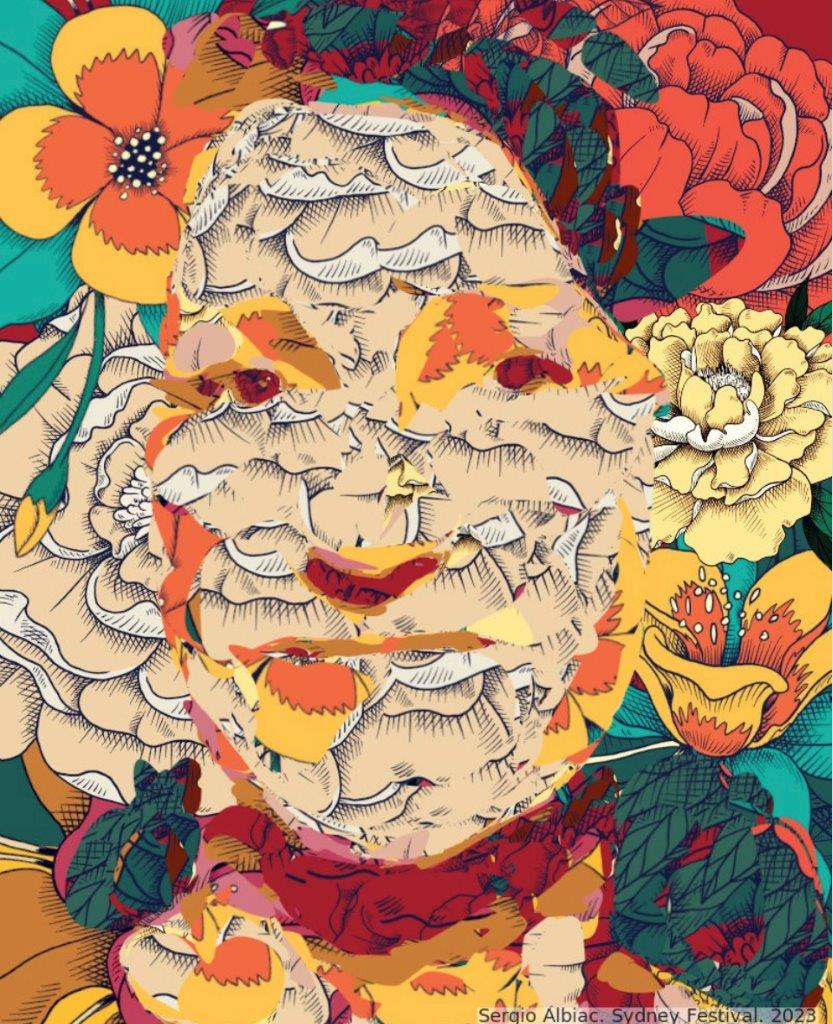
Simon Porter
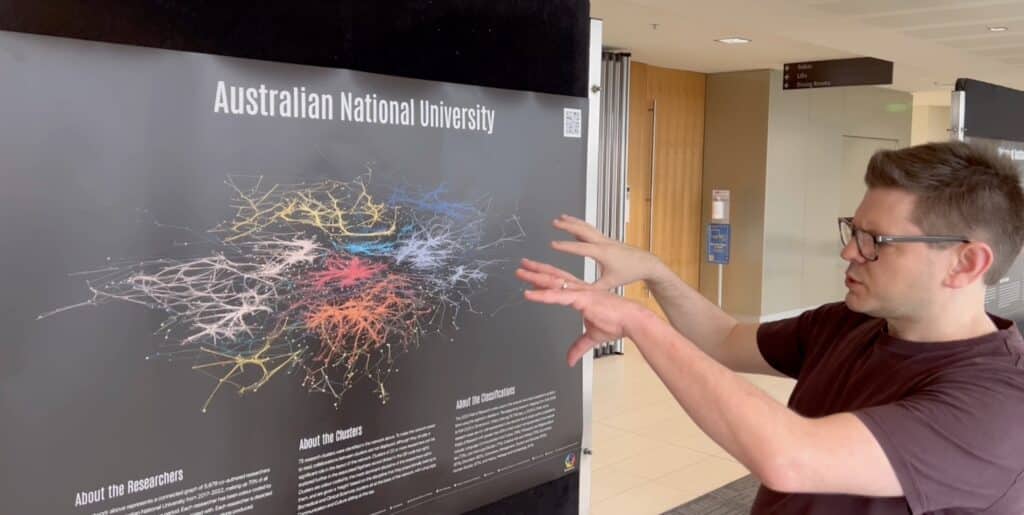
Simon Porter is VP of Research Futures at Digital Science. He has forged a career transforming university practices in how data about research is used, both from administrative and eResearch perspectives. As well as making key contributions to research information visualization, he is well known for his advocacy of Research Profiling Systems and their capability to create new opportunities for researchers.
Simon came to Digital Science from the University of Melbourne, where he worked for 15 years in roles spanning the Library, Research Administration, and Information Technology.
Suze Kundu

Suze Kundu (pronouns she/her) is a nanochemist and a science communicator. Suze is Director of Researcher and Community Engagement at Digital Science and a Trustee of the Royal Institution. Prior to her move to DS in 2018, Suze was an academic for six years, teaching at Imperial College London and the University of Surrey, having completed her undergraduate degree and PhD in Chemistry at University College London.
Suze is a presenter on many shows on the Discovery Channel, National Geographic and Curiosity Stream, a science expert on TV and radio, and a science writer for Forbes. Suze is also a public speaker, having performed demo lectures and scientific stand-up comedy at events all over the world, on topics ranging from Cocktail Chemistry to the Science of Superheroes.
Suze collects degrees like Pokémon, the latest being a Masters from Imperial College London that focused on outreach initiatives and their impact on the retention of women engineering graduates within the profession.
Suze is a catmamma and in her spare time loves dance and Disney, moshing and musical theatre.
Introducing our core topics
We are focusing our content around a set of core topics which are critical not just to the research community but to the world as a whole; at Digital Science we believe research is the single most powerful transformational force for the long-term improvement of society, and our vision is a future where a trusted, frictionless, collaborative research ecosystem helps to drives progress for all.
With this vision in mind, our five core topics at launch are: Global Challenges, Research Integrity, The Future of Research, Open Research, and Community Engagement.
These topics will no doubt continue to evolve over time, but that gives us a lot to get started with! Here’s the short summary of what those topics mean to us:
Global Challenges
Most of the world’s technical and medical innovations begin with a scientific paper. It has been said that the faster science moves, the faster the world moves.
But perhaps more importantly, society increasingly looks to science for solutions to today’s most pressing social and environmental challenges. If we’re going to face up to complex health issues, an ageing population, and the digital transformation of the world, we need science and research that is faster, more trustworthy, and more transparent.
With this in mind, we explore how science and research, and its communication, is evolving to meet the needs of our rapidly changing world.
Research Integrity
Research integrity will be a dominant theme in scholarly communications over the next decade. Challenges around ChatGPT, papermills, and fake science will only get thornier and more complex. We expect all stakeholders – research institutions, publishers, journalists, funding agencies, and many others – will need to dedicate more resources to fortify trust in science.
Even faced with these challenges, taking the idea of making research better from infancy to integration is exciting. Past and present, our team has built novel and faster ways to establish trust in research. We are happy to have grown a diverse group that will continue to develop the technical pieces needed to assess trust markers.
The Future of Research
Since its inception, Digital Science has always concerned itself with the future of research tools and infrastructure, with many of our products playing a transformative role in the way research is collaborated on, organised, described and analysed. Within this topic, we explore how Digital Science capabilities can continue to contribute to research future discussions, as well as highlighting interesting developments and initiatives that capture our imagination.
Open Research
At Digital Science, we build tools that help the researchers who will change the world. Information wants to be free and since the dawn of the web, funders have been innovating their policies to ensure that all research will become open.
Digital Science believes that Open Research will help level the playing fields and allow anyone anywhere to contribute to the advancement of knowledge. It also helps with other areas that pre-web academia struggled with. These include, reproducibility, transparency, accessibility and inclusivity.
These posts will cover the why and the how of open research, as it becomes just “research”.
Community Engagement
One of Digital Science’s founding missions was to invest in and nurture small, fledging start-ups to transform scholarly research and communication. Those founding teams now form the heart of Digital Science, and the desire to make, build, and change things for the better is at the core of what we do.
But we’ve never done that in isolation; Digital Science is a success because it’s always worked with the community, and most of us came from the world of research in one form or another!
In these community engagement posts we highlight and showcase some of the brilliant new ideas and start-ups in the wider science, research and tech communities.
What’s up next?
That’s all for this welcome post, but stay tuned for a whole batch of launch content being written as we speak! We’ll also have regular weekly posts from the team, and would love to hear from you if you have an idea for a subject we should cover, or simply if you’d like to say hello!
You can contact us via the button in the top bar or footer, or via the social media links for our individual authors.
Ciao for now!

